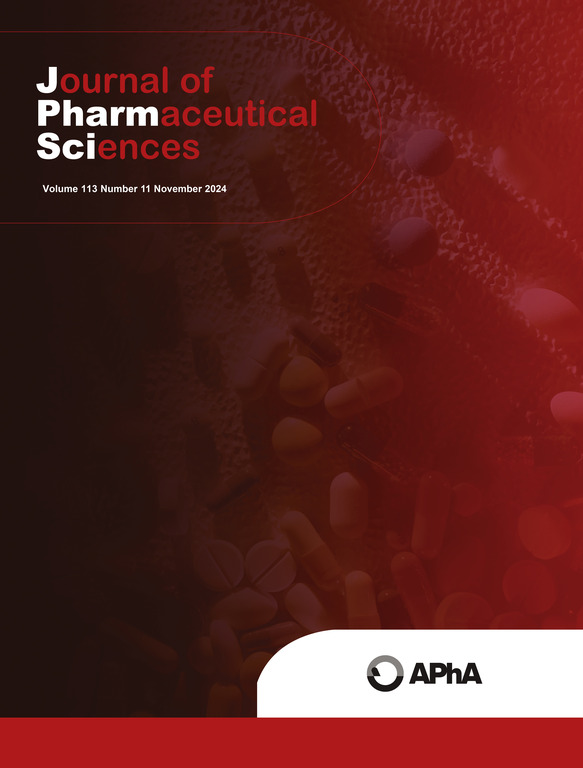Exploring industry stakeholder perspectives on a clinical testbed for evaluating the handling of protein drugs in hospitals
IF 3.7
3区 医学
Q2 CHEMISTRY, MEDICINAL
引用次数: 0
Abstract
Protein drugs, such as therapeutic antibodies, are complex and require careful handling to maintain their efficacy and quality. Stress factors in hospitals, like temperature variations and mechanical shocks during transport, may negatively impact the stability of protein drugs (e.g. various monoclonal antibodies). The pharmaceutical industry possesses extensive knowledge about their product formulations but often the transfer of knowledge from lab studies into in-hospital handling procedures is challenging. To address this gap and find a way to bridge academia, healthcare, and industry, seven semi-structured interviews were conducted with experts from pharmaceutical companies across five countries. This study aimed to explore the opinions of formulation experts regarding stress evaluation in clinical settings. Thematic analysis of the interviews revealed four key themes: The human factor in clinical sites, clinical sites as data providers, potential complexities in conducting tests within a clinical setting, and challenges associated with product-specific methods, equipment and devices. This study also suggests tools for setting up clinical test beds that can help the pharmaceutical industry improve stress evaluation and understand clinical product handling. Direct collaboration with clinical sites is crucial, as experts perceive improved evaluation methods and education to be necessary for ensuring safe medicines for patients.
探索行业利益相关者对评估医院处理蛋白质药物的临床试验平台的看法。
蛋白质药物,如治疗性抗体,是复杂的,需要小心处理以保持其功效和质量。医院的压力因素,如温度变化和运输过程中的机械冲击,可能会对蛋白质药物(如各种单克隆抗体)的稳定性产生负面影响。制药业拥有关于其产品配方的广泛知识,但通常将实验室研究的知识转移到医院处理程序是具有挑战性的。为了解决这一差距并找到连接学术界、医疗保健和工业界的方法,我们对来自五个国家的制药公司的专家进行了七次半结构化访谈。本研究旨在探讨配方专家对临床环境中压力评估的意见。访谈的专题分析揭示了四个关键主题:临床站点中的人为因素、作为数据提供者的临床站点、在临床环境中进行测试的潜在复杂性以及与特定产品方法、设备和装置相关的挑战。本研究亦提出建立临床试验床的工具,以协助制药业者改善压力评估及了解临床产品处理。与临床站点的直接合作至关重要,因为专家认为改进评估方法和教育对于确保患者获得安全的药物是必要的。
本文章由计算机程序翻译,如有差异,请以英文原文为准。
求助全文
约1分钟内获得全文
求助全文
来源期刊
CiteScore
7.30
自引率
13.20%
发文量
367
审稿时长
33 days
期刊介绍:
The Journal of Pharmaceutical Sciences will publish original research papers, original research notes, invited topical reviews (including Minireviews), and editorial commentary and news. The area of focus shall be concepts in basic pharmaceutical science and such topics as chemical processing of pharmaceuticals, including crystallization, lyophilization, chemical stability of drugs, pharmacokinetics, biopharmaceutics, pharmacodynamics, pro-drug developments, metabolic disposition of bioactive agents, dosage form design, protein-peptide chemistry and biotechnology specifically as these relate to pharmaceutical technology, and targeted drug delivery.

 求助内容:
求助内容: 应助结果提醒方式:
应助结果提醒方式:


